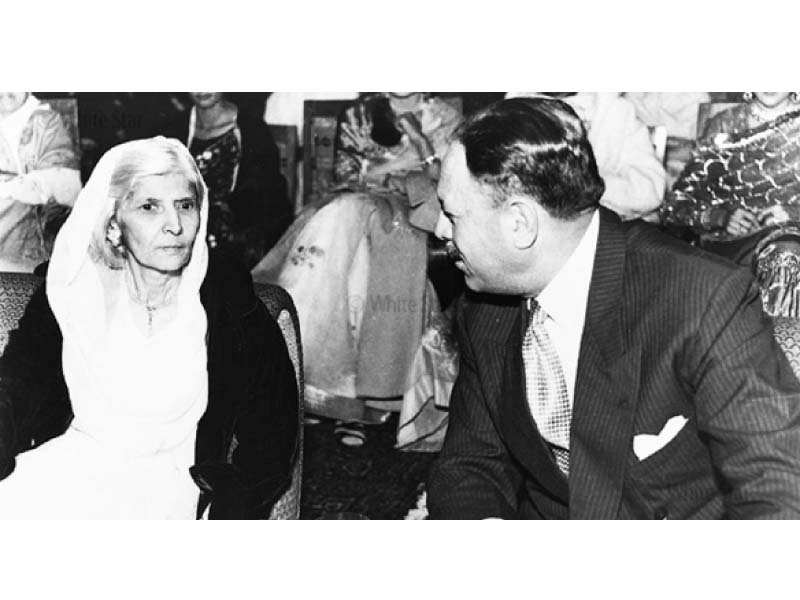
In 1970, I was studying in high school in Naushehra, a bigger village, that was about seven miles away from my home and lived at a relative’s house. He worked at the local bank. I hardly had any friends and was a bit lost. The election campaign attracted my attention. Elections were also a hot topic at my own home where I would return every Sunday. In Naushehra, there were election meetings held by various parties. These meetings were held at Eidgah which could accommodate relatively large gatherings and was outside the village on the western side. I attended many of those meetings where hundreds, sometimes thousands of people would gather. Awans had formed an organisation that was supporting a candidate for the National Assembly nominated by a faction of the Muslim League. Support for the provincial assembly candidates was not that clear. The candidate Awans preferred had not been nominated by the Muslim League and had decided to contest as an independent. Our clan supported him on account of historic allegiance. My grandfather campaigned for him.
I did not understand the content of speeches by the candidates. They would talk about the constitution, democracy and Islamic character of the country. These, at the time, were big and confusing words for me. All the same, I enjoyed the excitement. People would carry party flags to the meetings and flags were hoisted on the rooftop. The whole view was quite colourful. A book shop in the village bazaar had started selling flags and badges with party flags printed on them which one could pin to the front of the shirt. I wanted to buy a Muslim League badge but ended up buying one for a religious party because it was cheaper. The Muslim League badge would have disturbed the balance of my weekly budget. Most people in Soon Valley at the time were inclined to Barelvi Islam. Many pirs had influence in the area and they advised people mostly to support Jamiatul Ulema Paksitan’s candidate. The candidate was the pir of Sial Sharif with substantial influence of his own in the area. It was an interesting dilemma. When he came to address a meeting in the Eidgah a group of opponents raised slogans against him. His die-hard mureeds (devout followers) were worried that people were inviting God’s wrath by raising slogans against him. Many of them were themselves supporting the Awan candidates though. I was very confused.
In our village there was a dissenter. He and his family supported Pakistan Peoples Party. The family had close ties with the Awan candidate for the provincial assembly but this did not stop him.
Although I did not understand the candidates’ speeches, the excitement of the campaign period left a mark on me. It sowed a seed of interest in politics, elections and democracy. There have been many replays of the conflict between the local/tribal allegiance and my inclination to the left/liberal ideology. In 1977, I was supportive of Pakistan National Alliance (PNA) while studying in Lahore. The majority of my village at the time was supporting Pakistan Peoples Party’s candidate. There was hardly any PNA presence there. A few people who were trained in religious schools in various cities and were affiliated with Jamiat-ul-Ulemai Islam tried to put a camp representing the PNA. I had a conversation with one of them and discussed sitting in their camp but did not have the courage to go against my family.
Dr Muhammad Ayub is a psychiatrist and currently works as associate professor in Queen’s University, Kingston Canada. He is originally from Soon Valley, District Khushab
Published in The Express Tribune, June 19th, 2016.

1722586547-0/Untitled-design-(73)1722586547-0-165x106.webp)


1732326457-0/prime-(1)1732326457-0-165x106.webp)
1732012115-0/Untitled-design-(14)1732012115-0-270x192.webp)











COMMENTS (1)
Comments are moderated and generally will be posted if they are on-topic and not abusive.
For more information, please see our Comments FAQ